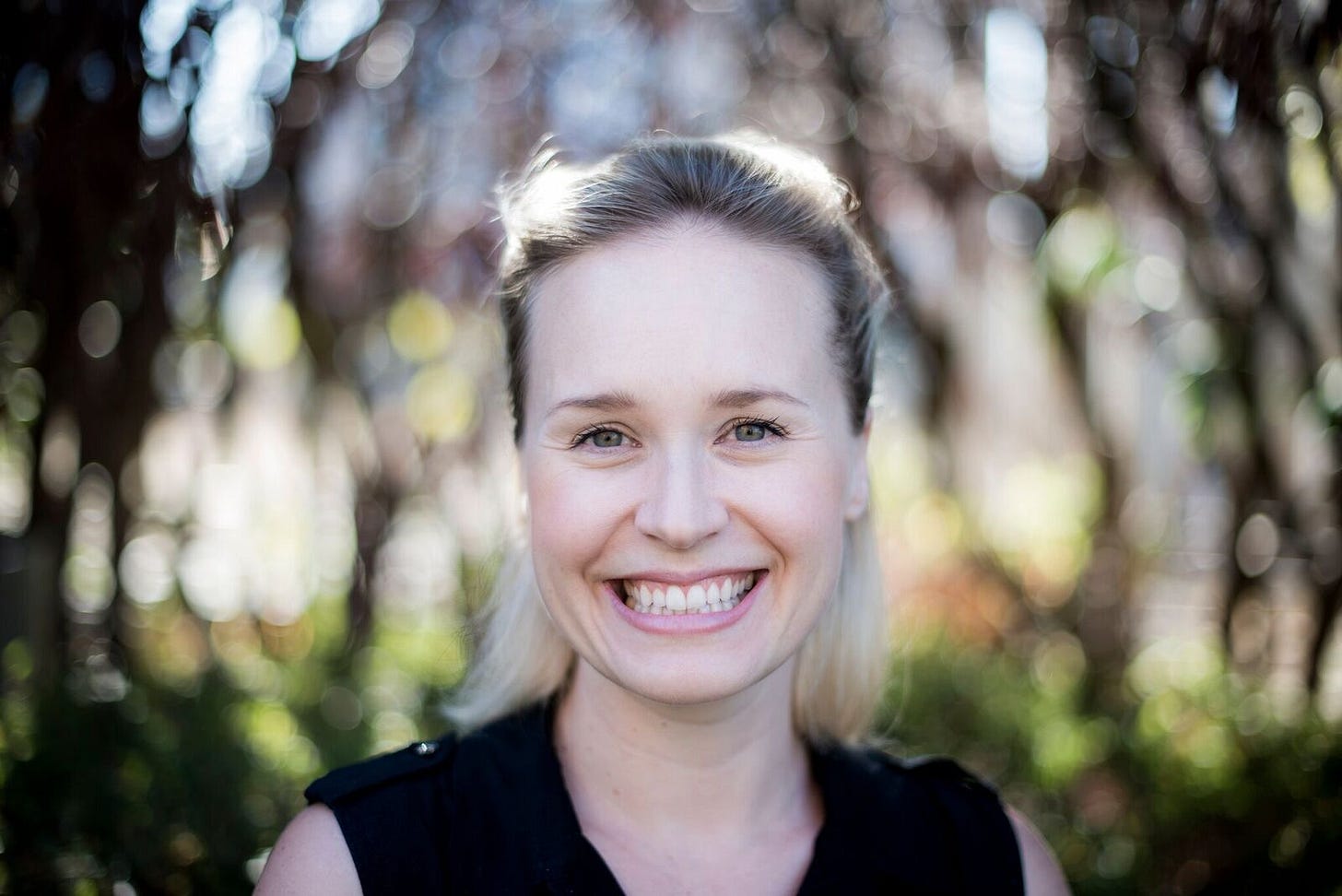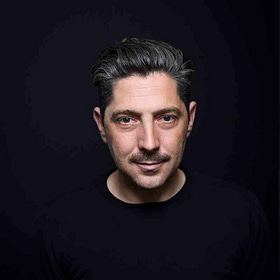There is no doubt that the margins of society can reveal something about what shifts within. And this is precisely what’s drawn our attention to a young anthropologist whose work with young, primarily indigenous drug addicts in Vancouver reveals a picture that’s as paradoxical as it is surprising: namely a driving force behind addiction is an irrepressible longing for normality, that suburban life with a wife, family and steady job that’s been vaulted by the media in such role models as the vanilla girl, the tradwife, and the family guy. This indicates that the ‘normalcy of the everyday’ which the boomer generation fled has become an unredeemable dream of life for even large sections of the working class, raising the question if this normalcy has become an unredeemable life dream even for large sections of the working class. If that’s the case, it indicates yet another major upheaval in our current Social Drive. In a way, this also mirrors Danya Fast’s anthropological career. After examining the life dreams of young men in Africa as part of her early collaborative work, her gaze shifted to her native Vancouver: to the living conditions of young people who, as the title of her book says, The Best Place: Addiction, Intervention, and Living and Dying Young in Vancouver. Indeed, the drug crisis, having been exacerbated by the advent of fentanyl, shapes the image of this highly affluent city. As in San Francisco, luxury and misery go hand in hand. In the tradition of participant observation, which has characterized anthropology since Malinowski, Danya Fast immersed herself in the underground life of this city - and that’s what our conversation is all about.
Danya Fast received her MA from the University of Amsterdam and her PhD in Medical Anthropology from the University of British Columbia, where she’s an Assistant Professor in the Department of Medicine. Her research papers and interests can be found at Academia, ResearchGate, and Google Scholar.
Related Content
Talking to ... Sam Vaknin
Sam Vaknin is an Israeli author who’s written extensively on the question of borderline and narcissism - and this with an unparalleled clarity. Above all, he, who has wonderfully declared himself a contemporary of Shakespeare, is someone whose gaze looks far beyond the narrow confines of the psychological discipline. This is due not least to t…
Talking to ... Malcom Kyeyune
Occasionally, we must admit we belong to an older generation with worldviews shaped by our specific generational experiences. This, at least, was what crossed my mind while reading the text of a young Swedish writer considering the question of whether our present-day culture wars could be the result of an elite overproduction in the form o…
Im Gespräch mit ... Hannes Grassegger
Versucht man sich in Gedanken ein Bild vom langsamsten Reporter der Welt zurechtzulegen, wäre man verblüfft, Hannes Grassegger in natura zu begegnen (oder müsste man nicht eigentlich sagen, in virtualis?). Tatsächlich hat man es mit einem quicklebendigen Zeitgenossen zu tun, der ein ausgeprägtes Gespür für die Schrägl…
Mind Drugs
Because my father had lost a leg in the Second World War when he was just 18 years old, I was familiar with the phenomenon of phantom pain, horribile dictu, from my children's legs onward. When I woke up, I would go into my parents' bedroom and crawl into bed with him over the crutches lying next to the bed and see his bare …


















